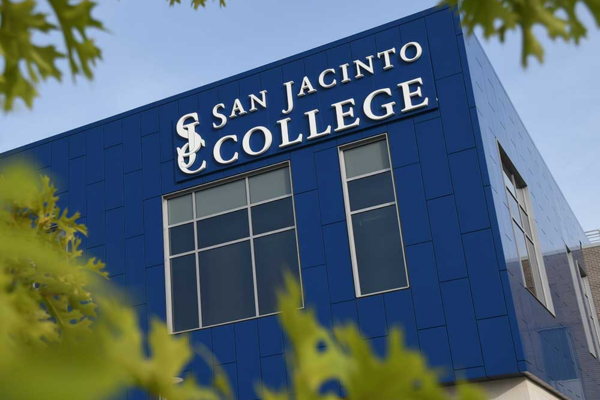MD Anderson, Rice University Launch New Collaborative to Advance Cancer Research
Published Jul 02, 2024 by Brina Morales
A new collaboration between The University of Texas MD Anderson Cancer Center and Rice University promises to drive industry growth and advance life-saving technologies through the newly established Cancer Bioengineering Collaborative.
The initiative will help foster collaboration between the two institutions on fundamental and translational cancer research, develop new technologies for cancer detection and therapy, and secure external funding in support of further research and training. Rice researcher and Cancer Prevention and Research Institute of Texas (CPRIT) scholar Gang Bao and MD Anderson’s Dr. Jeffrey Molldrem will lead the hub.
“From fundamental discoveries in cancer science, tumor immunology and patient care to innovative engineering advances in drug delivery systems, nanostructures and synthetic biology, there is great potential for enabling cross-disciplinary collaboration to develop new technologies and approaches for detecting, monitoring and treating cancer,” Molldrem, chair of Hematopoietic Biology & Malignancy at MD Anderson, said in a release. “Our goal is to bridge the gap between bioengineering and cancer research to create transformative solutions that significantly improve patient outcomes.”
The collaborative will also host monthly seminars focused on cancer bioengineering, annual retreats to highlight research and international leaders in cancer and bioengineering. Five research areas will be at the core of the hub’s work:
- Cell therapies: Developing more effective cell-based immunotherapies, including chimeric antigen receptor- and T cell receptor-based approaches.
- Nanotechnologies: Using nanoparticles for targeted cancer detection and therapy.
- Cancer vaccines: Incorporating advanced biomaterials, synthetic biology and nanoparticle delivery systems to develop therapeutic cancer vaccines.
- Artificial intelligence: Leveraging advanced computing tools for high-precision analysis of samples to identify new targets and inform therapeutic design.
- Molecular imaging: Deploying advanced molecular imaging techniques to enhance diagnostic and therapeutic tools.
A seed grant program will also be established to fund research projects in the early stages of development.
The partnership between Rice and MD Anderson is a testament to how the greater Houston region is committed to advancing the life sciences and biotech industry. The region has seen major new life science developments come online recently, including Levit Green, TMC Helix Park and The Alexandria Center for Advanced Technologies in The Woodlands.
 The Houston Report
The Houston Report



















